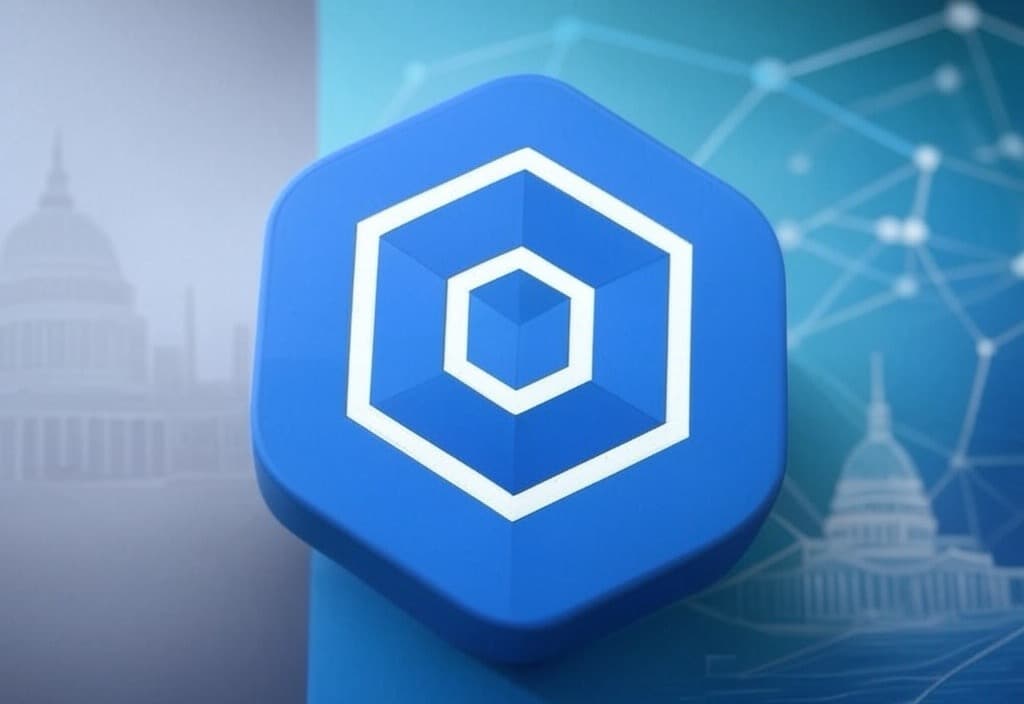
Could Chainlink Set a New Standard for Stablecoins and Tokenized Assets?
Chainlink is positioning itself as an essential player in the world of stablecoins and real-world asset tokenization with its Proof of Reserves technology.
Chainlink, a decentralized oracle network linking off-chain data to blockchain systems, is making moves to become a vital part of the infrastructure for stablecoins and tokenized real-world assets (RWAs). Their Proof of Reserves (PoR) technology, already in use for verifying asset backing, is gaining ground, supported by a partnership with a major financial center in Abu Dhabi.
Chainlink’s Prominence in the Future of Finance
These advancements may indicate that Chainlink, along with its LINK token, could significantly influence the future global financial landscape. A recent announcement by Sergey Nazarov, co-founder of Chainlink, revealed that the company is advocating for “proof of” standards covering Reserves, Composition, Liabilities, and Solvency in Washington, D.C. This move aims to restore trust following the fallout from FTX.
“Chainlink just confirmed they are working on a bill with lawmakers called the ‘proof of’ bill, requiring stablecoins & real-world assets to have a proof of reserves. It will literally be the law to use $LINK.”
— Nicu on Twitter, March 25, 2025
Abu Dhabi’s $635 Billion Deal
The Abu Dhabi Global Market (ADGM), a significant financial zone with $635 billion in assets, entered a Memorandum of Understanding with Chainlink. This deal integrates Chainlink’s data feeds and Cross-Chain Interoperability Protocol (CCIP) with ADGM’s asset managers and funds, enhancing the connection between traditional finance and blockchain technology.
While the ADGM’s agreement is not a mandate for LINK, it represents a pivotal endorsement of Chainlink’s technology in a regulatory environment. Chainlink supporters believe this indicates that LINK could play a foundational role in the ecosystem for stablecoins and RWAs globally.
However, for Chainlink to achieve its vision of becoming a ‘global standard’, it needs either additional legal recognition or dominance in market operations. The recent move in Abu Dhabi, alongside its engagements with regulators, marks a significant stride toward this goal.


